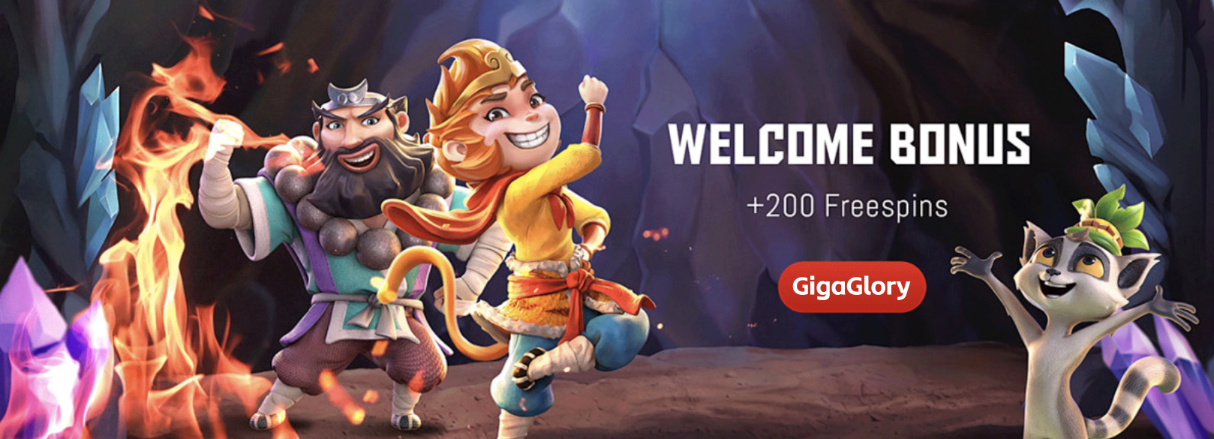Why Indie Games Are Revolutionizing the Gaming Industry: A Deep Dive into Their Impact and Popularity
The gaming world has been transformed drastically over the past decade, with indie games becoming a driving force in this evolution. The term "indie games" refers to games developed by small teams or individuals, usually without significant financial backing from large studios. This article explores how indie games like those inspired by 7 Kingdoms: Game of Thrones Map are reshaping the gaming landscape and why they’re so popular.
The Rise of Indie Games
Indie games are experiencing an unprecedented rise in popularity. Players are increasingly turning to these unique titles for a variety of reasons, including:
- Creative Freedom: Indie developers have the liberty to explore unconventional ideas and narratives.
- Price Points: Generally, these games are priced lower than AAA titles, making them more accessible.
- Community Engagement: Many indie games foster strong community involvement, providing a more personal connection.
- Diverse Experiences: They often tackle themes and genres that are overlooked by mainstream developers.
Developers are using their unique perspectives to create games that resonate with diverse audiences, breaking away from the traditional battle royales and first-person shooters. This authenticity often leads to innovative gameplay mechanics and compelling storytelling.
Impact on the Gaming Industry
Indie games are not just filling the gaps left by larger developers; they’re setting new trends in the industry. Here’s how:
| Impact Area | Description |
|---|---|
| Innovation | With fewer restrictions, indie games pioneer fresh ideas in gameplay and design. |
| Diversity | They promote a wider array of stories and cultures, enriching the gaming landscape. |
| Market Competition | Indie titles are driving established developers to take creative risks to stay relevant. |
The Popularity of Indie Games
So, what makes these indie games so captivating? Their popularity stems from several critical factors:
- They often have strong narratives that evoke deep emotions.
- The art styles vary widely, appealing to different tastes.
- Gameplay can be more experimental, breaking conventional rules.
- Many indie games incorporate community feedback, iterating based on player experiences.
- They create a sense of belonging, as players often share experiences and support small developers.
Indie games resonate particularly well with players looking for something different, something that larger studios may overlook. Titles like 7 Kingdoms: Game of Thrones Map showcase intricate designs and storytelling that larger developers might shy away from due to market trends.
Conclusion
The indie game scene is far more than just a niche market; it’s a vibrant and essential part of the gaming industry. While traditional games bring their own merits, indie games offer players innovative experiences that encourage exploration, creativity, and emotional engagement. As this segment continues to thrive, it not only enhances the diversity of available games but also keeps the larger gaming industry on its toes, prompting more established developers to innovate and experiment.



